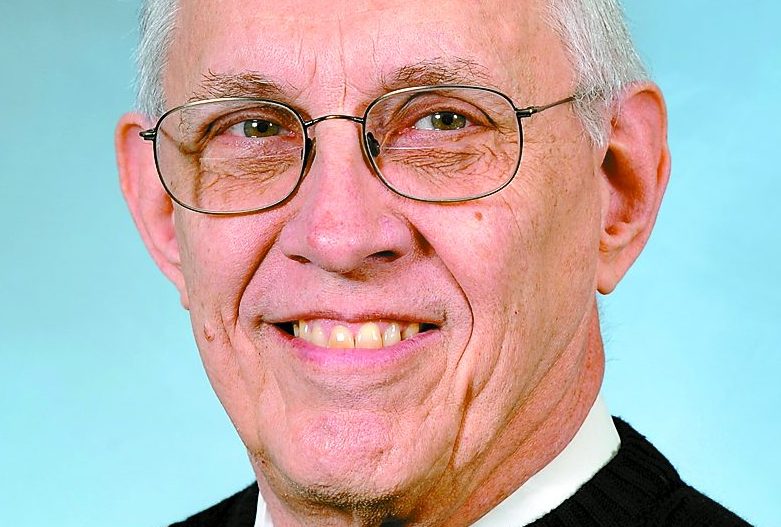Witt: Why is there little confidence in our election system?
Published 10:26 am Tuesday, January 28, 2020

- Chuck Witt is a retired architect and a lifelong resident of Winchester.
Senate Bill 2 has passed out of committee by a party line vote of 8-3.
First, it is well past time for our legislators to stop voting along party lines. There are bills proposed by both parties that are good for everyone, or can be made good for everyone with a little conversation and compromise.
This bill, as passed from committee, undoubtedly has flaws that can be worked out on the Senate floor — if the Senators there are willing to give and take a little.
Unfortunately, Kentuckians are likely to see this bill passed with virtually no cross-party voting in today’s factionalized climate.
Just as importantly, the bill itself deserves further examination, adjudication and, probably, simplification.
Newly-elected Secretary of State Michael Adams stated, in support of the bill, “We have to have confidence in our election system.”
Granted. But any lack of confidence in our election system stems not from voter fraud — which so many legislators like to espouse in support of this type of bill — but from the complete lack of transparency over how votes are cast and counted.
There has been more voting fraud in Kentucky stemming from the “loss” of ballots, which in some cases have been absconded with by officials, than from impersonation of someone else, which is what the voter ID issue is supposed to prevent.
There are already numerous methods by which a voter can provide proof of identity; there don’t need to be more specific voter identification methods added to the mix.
Perhaps the best method of avoiding voter identification fraud is by having a poll official verify a person’s identity, a method currently allowed.
American — and Kentucky — voters have an extraordinary confidence in our voting system, despite recent cases when the Supreme Court injected itself into the process and the “hanging chads” in Florida.
Unfortunately, this confidence is somewhat quixotic in that the current systems, whether utilizing paper ballots or electronic ballots, provide no proof to the voter his or her vote is actually being cast in the manner they assume.
There are cases where machines have been manipulated so votes were actually cast in exactly the opposite way intended by the voter. Fortunately, these cases are rare and have been exposed in quick time.
Those who consistently tout the rubric of “voter fraud” have never been able to offer any proof whatsoever voter identity fraud has either been rampant or has affected the outcome of an election.
This bill is, as some have already described it, a solution in search of a problem.
Finally, it was noted in a short synopsis of the bill by Lawrence Smith writing on WDRB.com, that, if passed by the Senate, the bill would go into effect for the November 2020 elections.
While the snail’s pace of legislation is often decried, this bill is moving too fast. There needs to be more time to work it into the system, make sure it works as intended and is not overly burdensome.
If the state is going to stipulate the forms of identification that will be accepted, the state must be prepared to provide at least one of those forms of identification free of charge and make it easily obtainable.
Otherwise, it is just a sneaky back door to the days of poll taxes, a way to assure some segment of the population finds it too difficult to exercise its constitutional right.
Chuck Witt is a retired architect and a lifelong resident of Winchester. He can be reached at chuck740@bellsouth.net.





